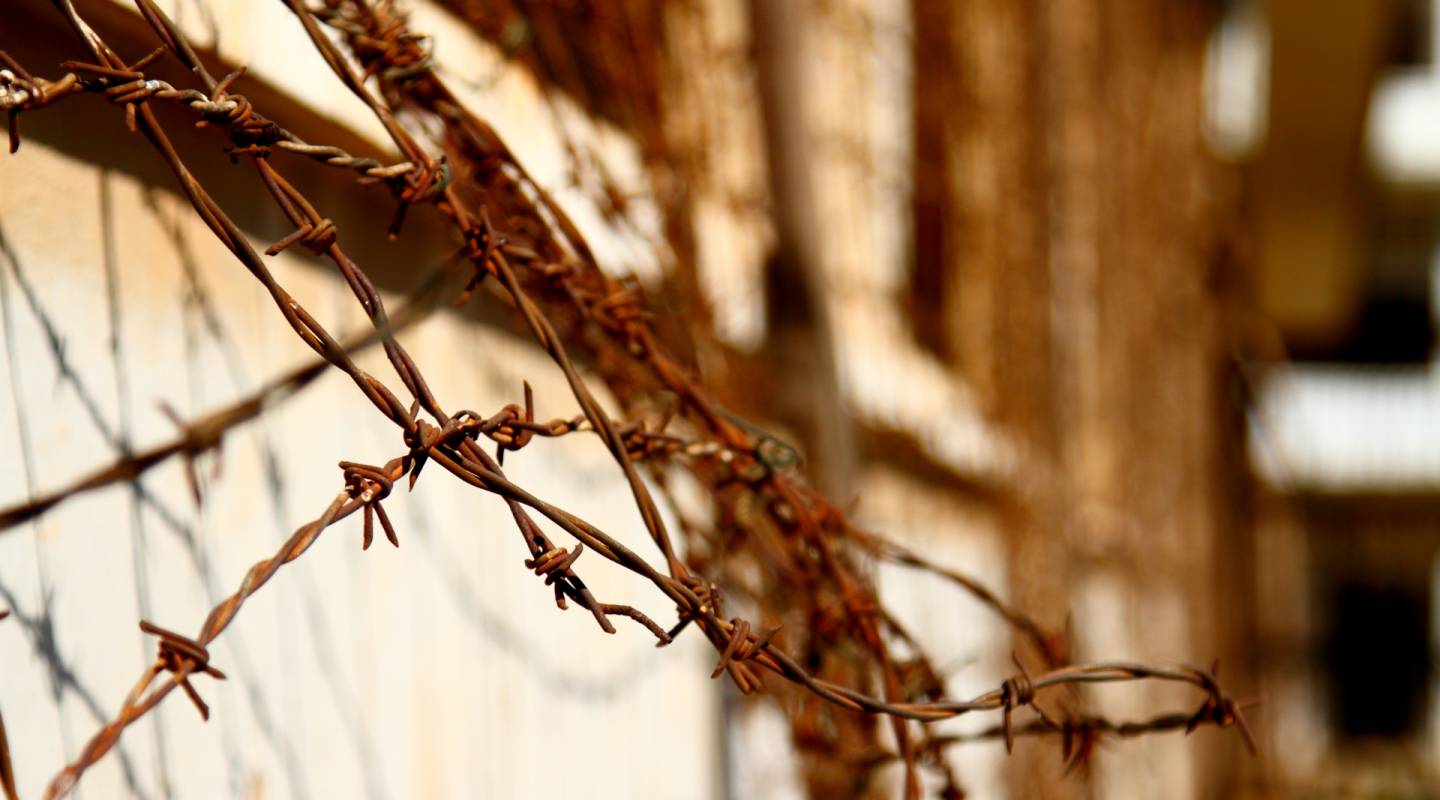
Cambodia
Capital city — Phnom Penh
Country population
i2015Incarceration rate (per 100,000 inhabit…
Type of government
Human Development Index
i2016/ UNDPName of authority in charge of the pris…
Total number of prisoners
Prison density
Total number of prison facilities
i2014An NPM has been established
Female prisoners
Incarcerated minors
Untried prisoners
Death penalty is abolished
Yessince 1989
Physical integrity
Cambodia abolished the death penalty in 1989.
Given the poor state of prison health facilities in Cambodia, pre-trial detention is harsh and can lead to otherwise preventable deaths.
Of 25 prisoner deaths recorded by LICADHO between January and October 2014,five were pre-trial detainees, all of them men, four of them under the age of 30. Harsh pre-trial detention conditions, combined with the fear of lengthy prison sentences, have also led to suicide attempts.
According to the LICADHO, poor conditions and abuse within Cambodia’s prisons can lead to prisoners with and without pre-existing mental health problems experiencing suicidal thoughts, or actually attempting suicide. Unfortunately those who attempt suicide or self-harm are unlikely receive appropriate support or supervision, according to the Transcultural Psychosocial Organisation (TPO).
The LICADHO reports abuse by police and prison authorities as well as by inmates. There are also concerns that those with mental health problems have been targeted for abuse. Certain constraints prevent the organization from gaining a fuller picture of life inside all facilities. Actual instances of abuse and other human rights violations are probably widely underreported.
Prisoners describe being beaten, kicked, slapped or punched, often until they were bleeding and unconscious. Some prisoners have had their heads smashed against walls, have been dragged on the ground by their hair, being forced to stand on one leg for prolonged periods, of guards standing and stamping on bodies and faces, objects being forced into mouths; prisoners being burned with boiling water and cigarettes, choking, rape, suffocation with plastic bags, blindfolding, having objects inserted into their anus, being threatened with death, strangulation and other physical violence, and being forced to sit, stand or kneel in the same position for several hours, including in direct sunlight. Some detainees had their faces covered with plastic bags or other items during the beatings.
Objects used during beatings included guns, sticks, iron rods, stun batons, walkie-talkies, handcuffs, chains, ropes, electric cables, bricks and belts. Threats of nail extraction and electric shocks were also reported usually to extract money or a confession. Many said they were denied food and water in custody.
Many of those interviewed said that they were beaten in order to force them to confess or pay money to their abusers. Those who cannot read Khmer were forced to thumbprint confessions they did not understand.
Additionally, LICADHO believes that the conditions of detention in some places of detention may amount to cruel, inhuman or degrading treatment. This includes the denial of appropriate medical treatment.
The Cambodia’s Code of Criminal Procedure precise maximum time period allowed for pre-trial detention according to the age of the suspects and the nature of the crime they are accused of.
However in reality, many inmates are held beyond this period. This is especially the case for inmates who cannot afford a lawyer, or to bribe prison authorities to process their paperwork.
There are many other scenarios leading to unlawful detention, the most common of which, as recorded by LICADHO, involves those inmates detained beyond their due prison release date. This often happens because of delays in processing release papers or because an inmate’s file is lost.